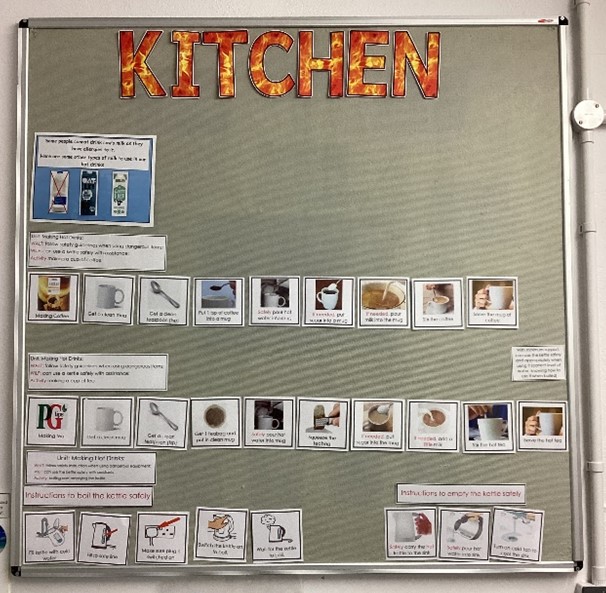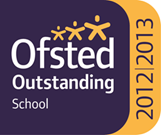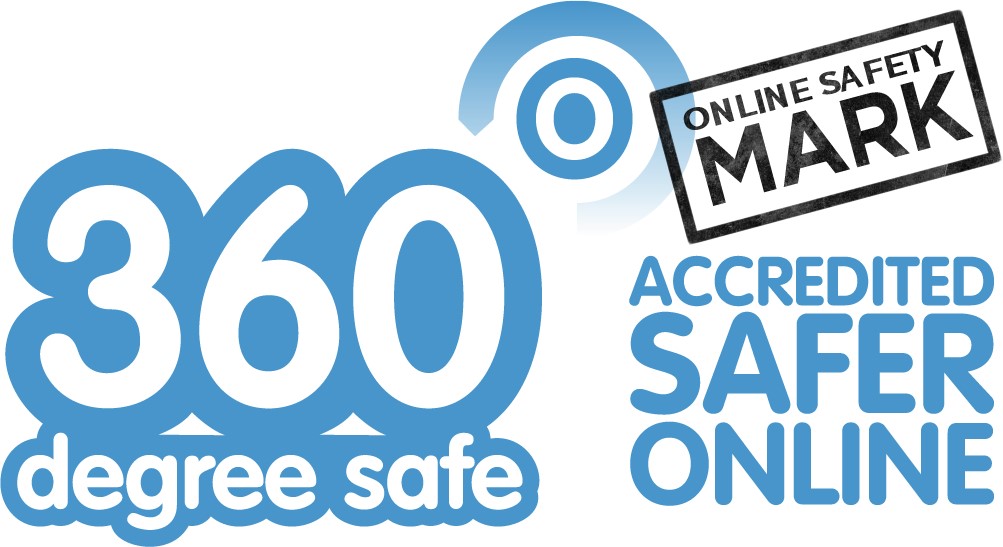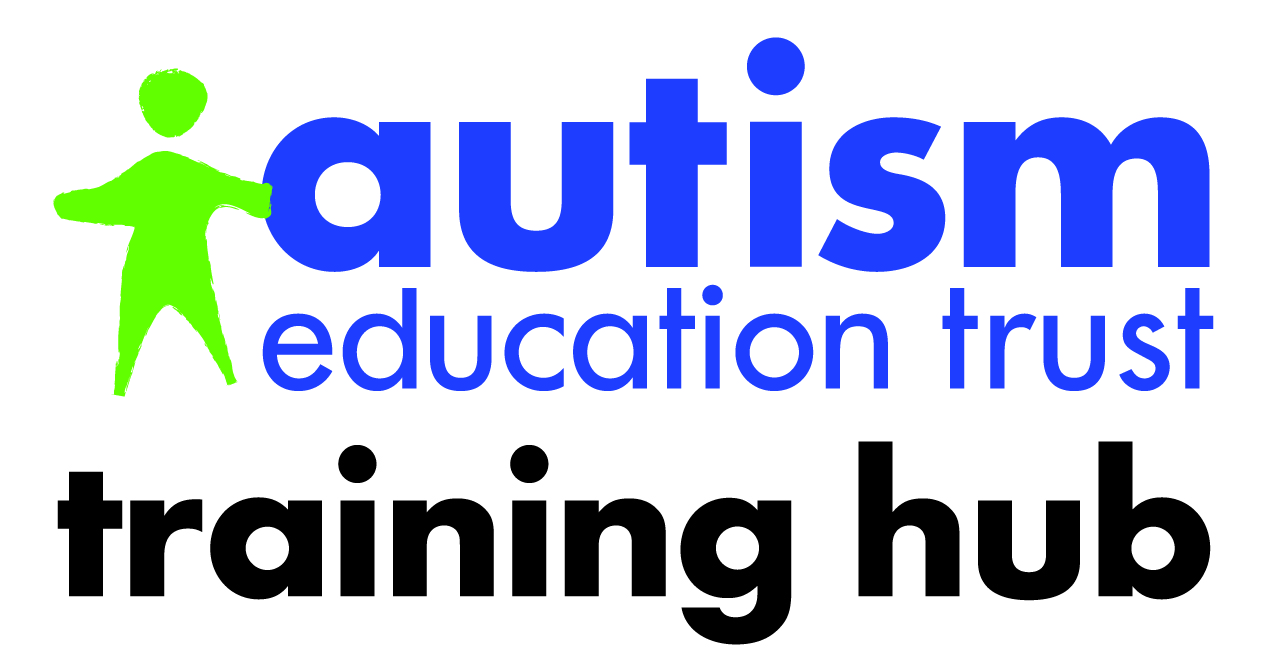P16 Curriculum
Welcome to Godrevy (KS4 & Post 16)
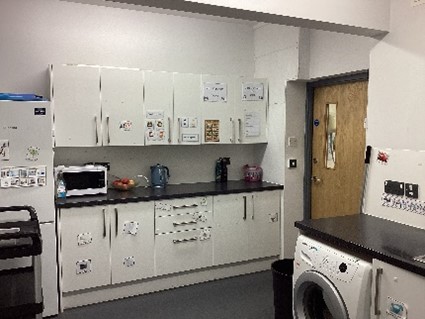
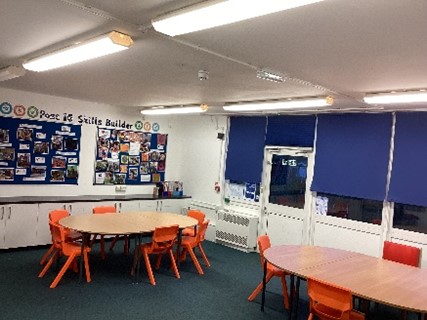
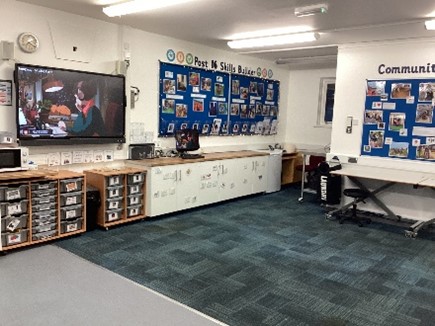
Life in Godrevy is destination led, which means we aim to further prepare each and every one of our students with the core understanding, skills and levels of independence needed for their journey into adulthood. We recognise that our learners have a wide range of talents, skills, interests and needs, which enables us to personalise each student’s curriculum to help them aspire and achieve. To meet the needs of the students, we use a bespoke pathway approach with tailored access to the most relevant areas of our curriculum for individual students.
Our Pathways:
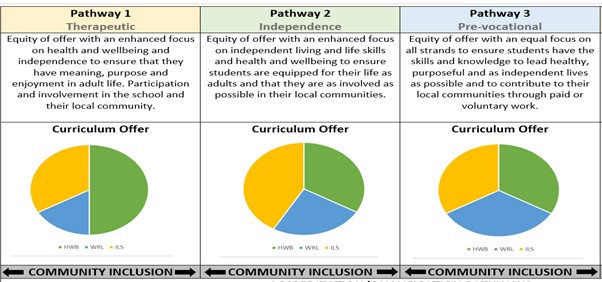
Our Curriculum:
In order to successfully prepare our learners for life after school, our curriculum offer is divided into core curriculum strands that link to the Preparing for Adulthood EHCP outcome areas. Functional Maths and Literacy are intertwined throughout the curriculum strands.
Our Strands:
- Health, Well-Being and Relationship
- Independent Life and Living Skills
- Work Related Learning/Careers Education and Experiences
- Community Inclusion
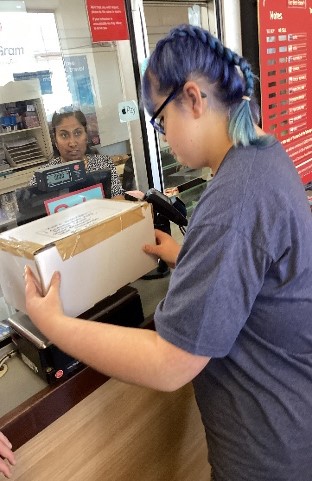
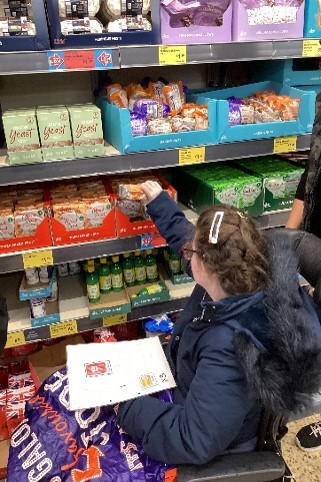
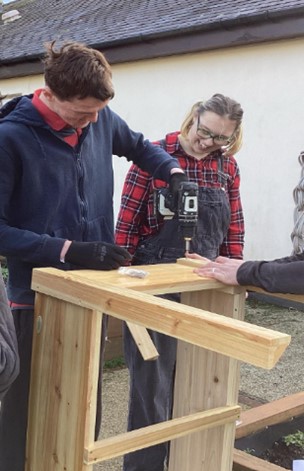
Independent Life & Living Skills: - We have an open and accessible life skills room in addition to our kitchen that has many of the features you would find at home. We practice using many home kitchen appliances, such as kettles, microwaves, washing machines and cookers, using symbols, sequencing strips and, where appropriate, written instructions to develop our understanding of how to complete important life skills. We also have a small community life skills hub onsite that is changed on a regular basis to function as a shop, café or tuck-shop and has been providing further opportunities to practice skills that can be transferred into the wider world.
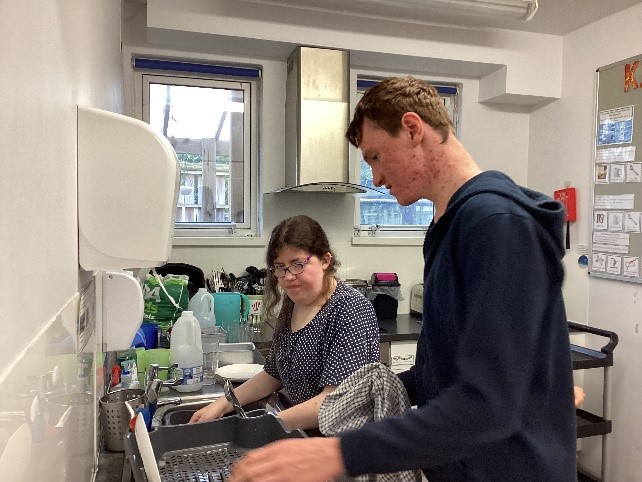
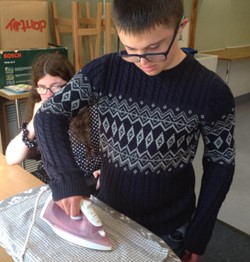
Health, Well-Being and Relationships: - We have a newly developed health and well-being suite where activities such as Therapy, Massage, Yoga and Mindfulness support us to keep a healthy body and mind. We also access the community where we further develop our personal interests and participate in activities such as studio fitness sessions, indoor bowls, and sailing.

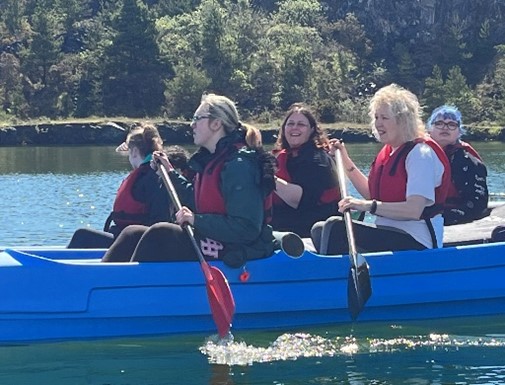
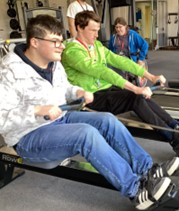
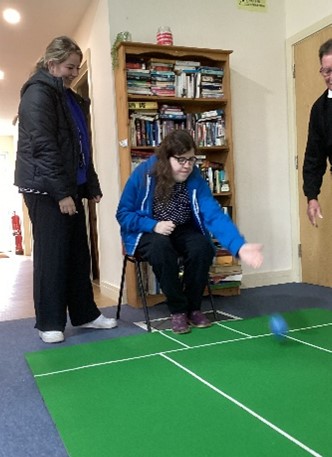
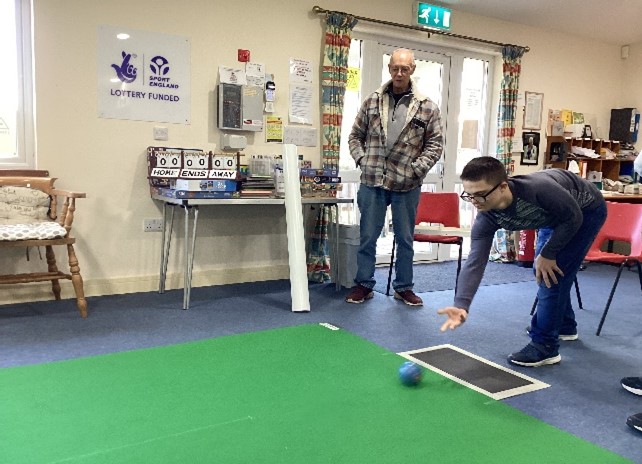
.
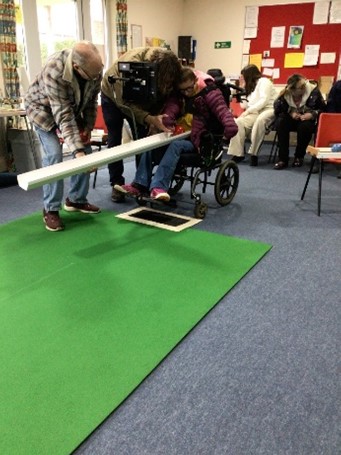
Work Related Learning/Careers Education: - We have a creative arts workshop, greenhouse, and vegetable garden onsite that provide a range of outstanding learning opportunities. We run business enterprise projects where students make and sell a range of different items to fund-raise for their end of year prom. We also offer Post 19 taster sessions where we work with providers, including Truro and Cornwall College to offer experiences of different learning environments whilst laying the foundation for robust transition opportunities for students preparing to leave Curnow on their next academic journey.
Mental Health:
Positive mental health and wellbeing is a core feature at Curnow School, and we build on this foundation to build resilience and self-esteem with our students as they transition into young adults. We work with our students to develop regulating strategies they can call on to stay calm and positive as they begin their journey into the wider world outside of Curnow School.
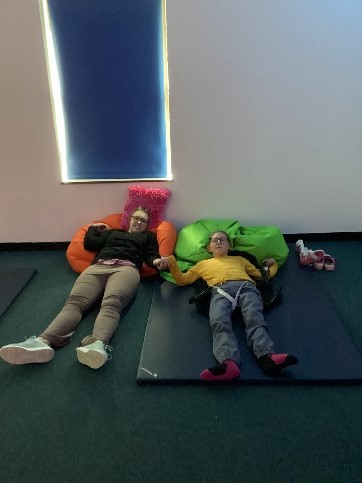
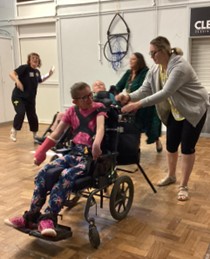
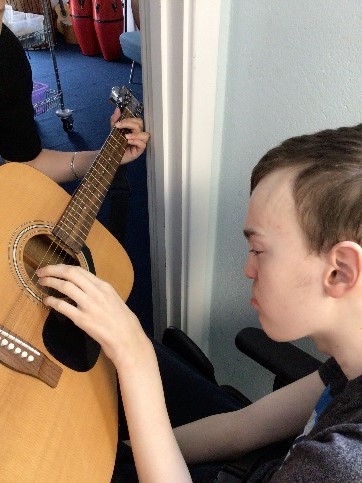
Reading and Communication:
Reading and communication are central to the functional skills that we learn, practice, apply and transfer throughout a student’s time in Godrevy. We encourage and foster a love of reading from sensory stories, interactive storytelling, story discussion, call and response, discussing magazines, newspapers alongside visiting local libraries. We use a range of communication tools such as high and low tech eye-gaze, AAC’s, chat mats, and communication books to ensure all students extend their reading and communication skills as much as possible. Some of our students are following the school’s phonics scheme, Phonics for Pupils with Special Educational Needs, to ensure that they reach their reading potential before the move on to the next stage of their educational journey.
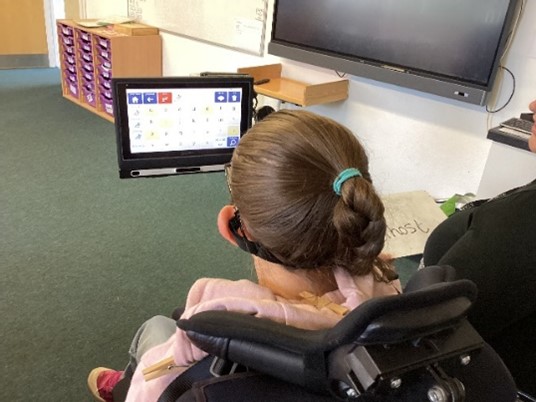
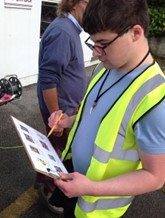 .
.
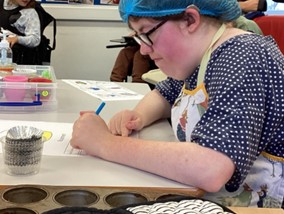
Social Sight Vocabulary:
Where appropriate, we focus on key social sight vocabulary and signing supports further bolsters our reading offer supporting our students to keep safe and begin to navigate the world around them. Social Sight Vocabulary refers to all types of vocabulary which our students will see around them, the vocabulary which we teach our students will be individual to each dependent on a number of factors including their comprehension, interests, experiences and needs.
We have identified four main areas of social vocabulary signs;
Safety: for vocabulary relating to safety or wellbeing e.g. fire exit/ toilets
Information: for vocabulary which gives information e.g. exit/closed
Services: for vocabulary relating to public services e.g. post office/bus stop
Personal: for vocabulary relating to personal interests e.g. Tesco/McDonalds
Learning Environment:
The Godrevy learning environment is diverse and wide ranging to support the delivery of our curriculum. Our environments are rich with language, symbols and a variety of visual aids to support understanding and communication. Structured activities in our bespoke areas are purposefully selected to maximise learning outcomes across our curriculum strands.
